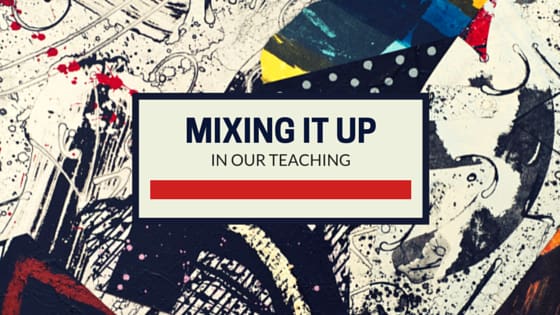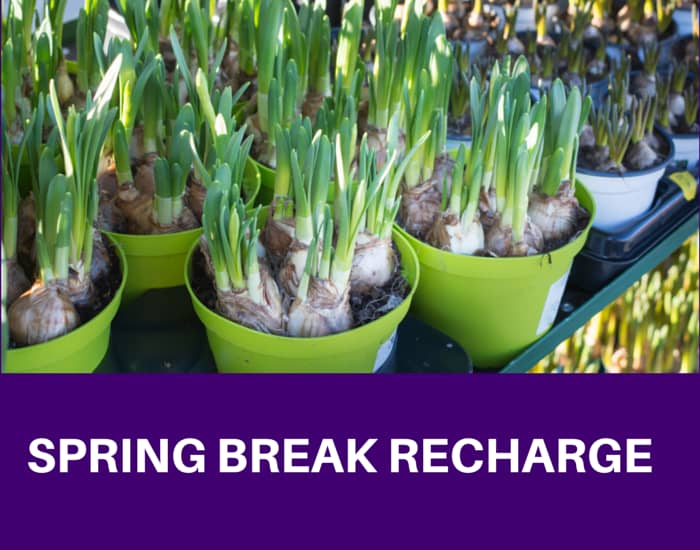Bonni Stachowiak shares some ideas about mixing it up in our teaching.
Podcast notes
Teaching classes repeatedly
Advantage of knowing where students typically get stuck
Dr. Chrissy Spencer spoke about this when describing her broken-up cases in episode 25, when she just “happens” to have a slide that clarifies a student’s question
Reinforcing a difficult concept
Advertising response function in my Principles of Marketing class
- Not all understand the idea of the law of diminishing returns by the time they get to the course
- Would be the ideal situation for an interactive online module something like the scenario manager in Excel (under data, what-if, scenario manager)
- Did the typical think-pair-share
- Two truths and a tie exercise
Using the Attendance2 app to facilitate the random calling on of students
Applying learning to something students know well
Lessons in PR from our university
Standard 2.2 from accreditor (whole must be greater than the parts)
Going outside
Self assessment on theory X and theory Y
What things do you see that I do that are theory X
- Steps to avoid cheating on exams
- Latecomers need to call to be marked present for the day
What things do you see that I do that are theory Y
- Self-directed learning during the week
- Bulls and bears game
- PollEverywhere quizzes via cell phones in class
No anonymity any longer
However, I was then able to give them the opportunity to indicate how they would like to be treated as an employee
Recommendation
Remind app – now has text chat, but with office hours


